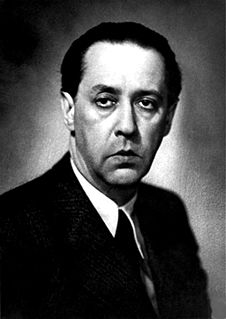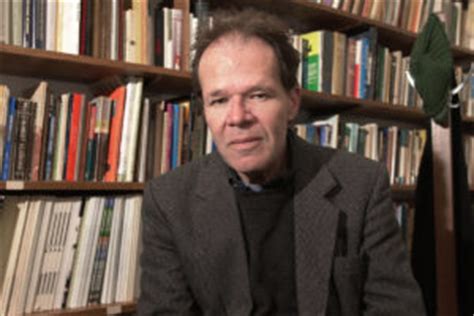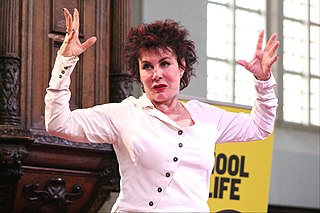A Quote by Elizabeth Strout
'Pnin' by Vladimir Nabokov, which is a literally small book, fit right in my common law book. I would sit in class and read it.
Related Quotes
The book on my nightstand right now isnt anything that inspired me, but it entertained me. I read a book on Labor Day, it was a holiday, and I have three daughters, and we all went to the shopping mall and I sat on the bench and read a book while they shopped, it was called The Greatest Golfer there Ever Was, it was a great book, easy to read and entertaining.
I read everything. I'll read a John Grisham novel, I'll sit and read a whole book of poems by Maya Angelou, or I'll just read some Mary Oliver - this is a book that was given to me for Christmas. No particular genre. And I read in French, and I read in German, and I read in English. I love to see how other people use language.
You will want a book which contains not man's thoughts, but God's - not a book that may amuse you, but a book that can save you - not even a book that can instruct you, but a book on which you can venture an eternity - not only a book which can give relief to your spirit, but redemption to your soul - a book which contains salvation, and conveys it to you, one which shall at once be the Saviour's book and the sinner's.
One book that has meant much to my writing is W.G. Sebald's The Emigrants. He uses a photograph of Vladimir Nabokov hunting butterflies in a similar way. The image or a reference to the image is traced throughout the four separate narratives. It sometimes seems to be the only link between the pieces, while the symbol Nabokov cuts remains wide open, a pencil sketch, a mystery to interpret outside his role as emigrant/observer.
I was raised pretty much a fundamentalist, but the one thing that fundamentalism gave to me was the love for that book and a commitment to read and study it. The difficulty is that I've read it all, I didn't skip around, I read it all, and when you read it all, you can't take it literally because you don't want to blame God for a lot of stuff that occurs in that book. There are some pretty violent scenes.
Heidegger wrote a book called Was Ist Das Ding - What Is a Thing? which was kind of interesting and influential to me, as a matter of fact. It's a small paperback, which I read. It's about the nature of thingness; what is it? It's a very penetrating analysis of that, and I think a rather influential book. I know other artists who have read it and come up with it.
I opposed the Fatwa against Salman Rushdie. I read the book and took a critical distance. I did not think The Satanic Verses is a blasphemous book. I did not consider the book as being a great read, but as an intellectual I read, I assess, and I respond. I make a difference between true freedom of expression to which we owe a response and provocation, which we ignore.
You would like to read, but somehow the rain gets into the book, too; not literally, and yet it really does, the letters are meaningless, and all you hear is the rain. You would like to play the piano, but the rain comes to sit alongside and play an accompaniment. And then the dry weather returns, which is to say there is steam and bright light. People age quickly.
When you publish a book, you do so in part to end the silence. All censorship is silence. I would never, as an author, feel right requiring a young person whose family would object to the book to read it. Just as I would never force that person to read it, I would ask those folks to not force others not to read it. To me, that is just good manners.
I used to comfort myself with the idea of a book with serrated, detachable pages, so that you could read the thing the way it came and then shuffle the pages, like a giant deck of cards, and read the book in an entirely different order. It would be a different book, wouldn't it? It would be one of infinite books.
Well, we think that time "passes," flows past us, but what if it is we who move forward, from past to future, always discovering the new? It would be a little like reading a book, you see. The book is all there, all at once, between its covers. But if you want to read the story and understand it, you must begin with the first page, and go forward, always in order. So the universe would be a very great book, and we would be very small readers.
I doubt if I shall ever have time to read the book again -- there are too many new ones coming out all the time which I want to read. Yet an old book has something for me which no new book can ever have -- for at every reading the memories and atmosphere of other readings come back and I am reading old years as well as an old book.







































